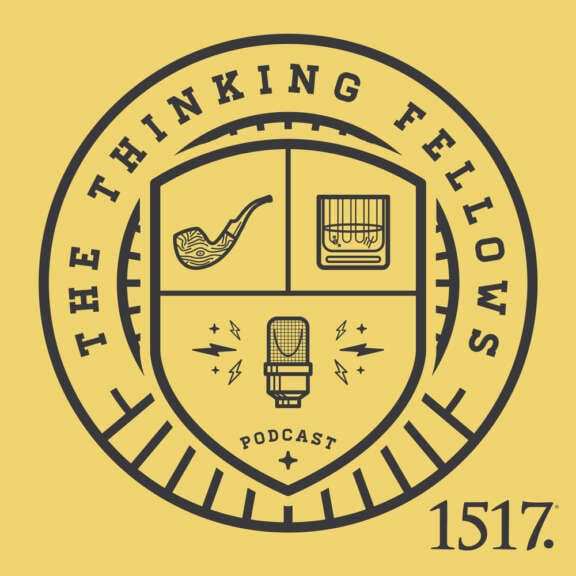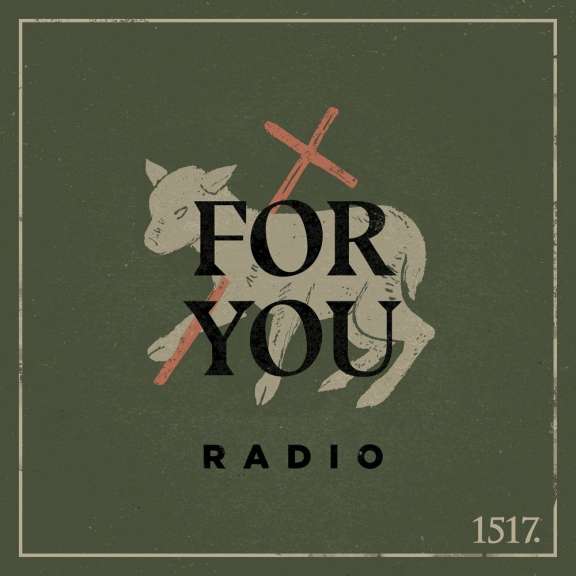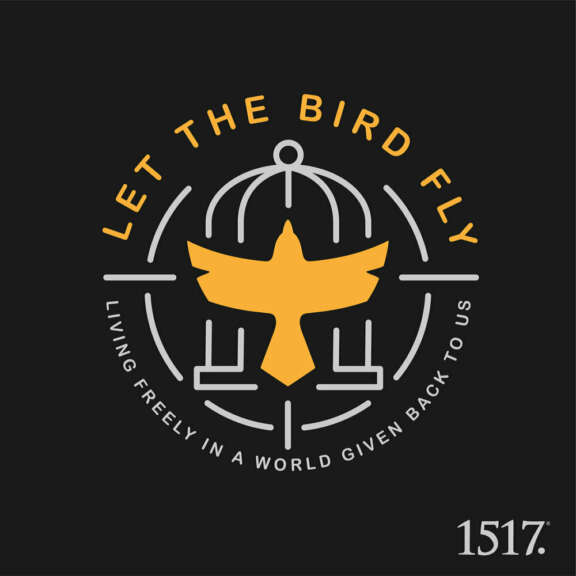Luther’s short sermon on the second article of the Apostles’ Creed is short but significant in its call that Christ and this article be constantly preached throughout the year.
Podcasts
Each 1517 Podcast is dedicated to delivering Christ-centered content through weekly, monthly, and seasonal audio platforms. Listen online or on your favorite podcasting app.
Author
- All Authors
- Aaron Zimmerman
- Adam Francisco
- Amy Mantravadi
- Blake Flattley
- Bob Hiller
- Bradley Gray
- Brian W. Thomas
- Bror Erickson
- Bruce Hillman
- Caleb Keith
- Chad Bird
- Chris Rosebrough
- Christopher Gillespie
- Cindy Koch
- Craig Donofrio
- Dan van Voorhis
- Daniel Deen
- Daniel Emery Price
- Darrin Sheek
- David Andersen
- David Rufner
- David Zahl
- Debi Winrich
- Delwyn Campbell
- Donavon Riley
- Doug Klembara
- Edward Killian
- Elyse Fitzpatrick
- Erick Sorensen
- Flame
- Grant Klembara
- Gretchen Ronnevik
- Haroldo Camacho
- Jacob Smith
- Jared C. Wilson
- Jeff Mallinson
- Jeffrey Pulse
- Jessica Thompson
- Jim Nestingen
- Joel Fitzpatrick
- Joel Hess
- John Andrew Schreiner
- John Bombaro
- John T. Pless
- John W. Hoyum
- John Warwick Montgomery
- Katie Koplin
- Kelsi Klembara
- Ken Sundet Jones
- Magnus Persson
- Matt Popovits
- Michael Berg
- Michael Horton
- Nick Lannon
- Paul Koch
- Peter Nafzger
- Philip Bartelt
- Raleigh Sadler
- RJ Grunewald
- Robert Kolb
- Rod Rosenbladt
- Ron Hodel
- Sam Leanza Ortiz
- Sarah Condon
- Sarah Crowder
- Scott Davis
- Scott Keith
- Steven Paulson
- Tanner Olson
- Troy Neujahr
- Uwe Siemon-Netto
- Wade Johnston
- William Cwirla
-
What can we ask God for? Why do we think He'd want to give it to us? Craig and Troy talk about the deep meaning of "Ask, seek, knock."
-
What's your vote for the most misapplied and misquoted Bible verse of all time? Craig and Troy vote for "Don't you judge me!" Today we talk about the reality of being under judgment, and seeking repentance.
-
Why do you worry, when God has your back? Craig and Troy consider the lillies, the 1st Commandment, and the comfort found in seeking first His kingdom.
-
Wade and Mike sit down together to discuss a couple of parables from Matthew 25. And while they struggle to get past the Free-for-all and into the Main Topic, we promise that they eventually get there. If you make it there too, we hope you'll enjoy!
-
Need a break from philanthropic looting and virtue signaling? Sit down in your nice new Pottery Barn fluffy sofa, grab your oat milk latte from the ‘bucks and join a real revolution: Ringside.
-
God is not the source of temptation, but He may use our temptations to teach us of HIs grace. Craig and Troy conclude their study on the Lord's Prayer.
-
Need a resurrection in your life? Listen to Ringside.
-
"Forgive us our sins, as we forgive the sins of others"? How does that work? Craig and Troy dive headfirst into the Fifth Petition of the Lord's Prayer.
-
Idol Talk. In this episode, we return to Simone Weil’s book, Gravity and Grace. Idolatry is the topic of conversation. What is an idol? In what ways does idolatry infiltrate our churches, and what are the consequences? How do we guard against it?
-
“Let no one fear death, for the Death of our Savior has set us free. He has destroyed it by enduring it. He destroyed Hell when He descended into it. He put it into an uproar even as it tasted of His flesh. Christ is Risen, and the tomb is emptied of its dead!” - Chrysostom
-
Into The Mystic. In this episode, we read and discuss the crucifixion as interpreted by Simone Weil, an anarchist, philosopher, and mystic.



